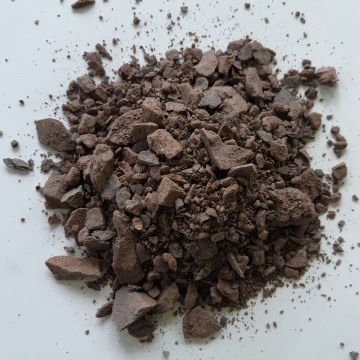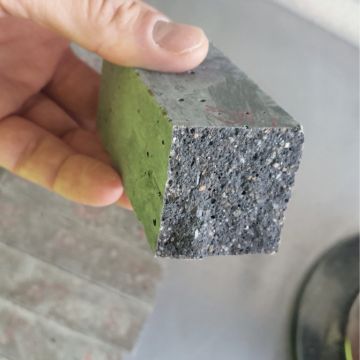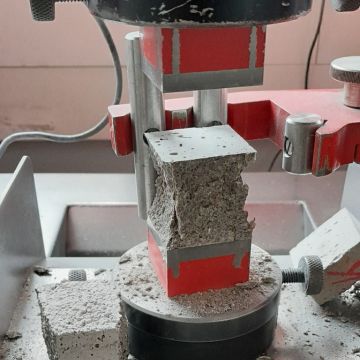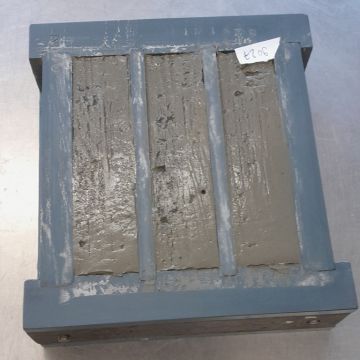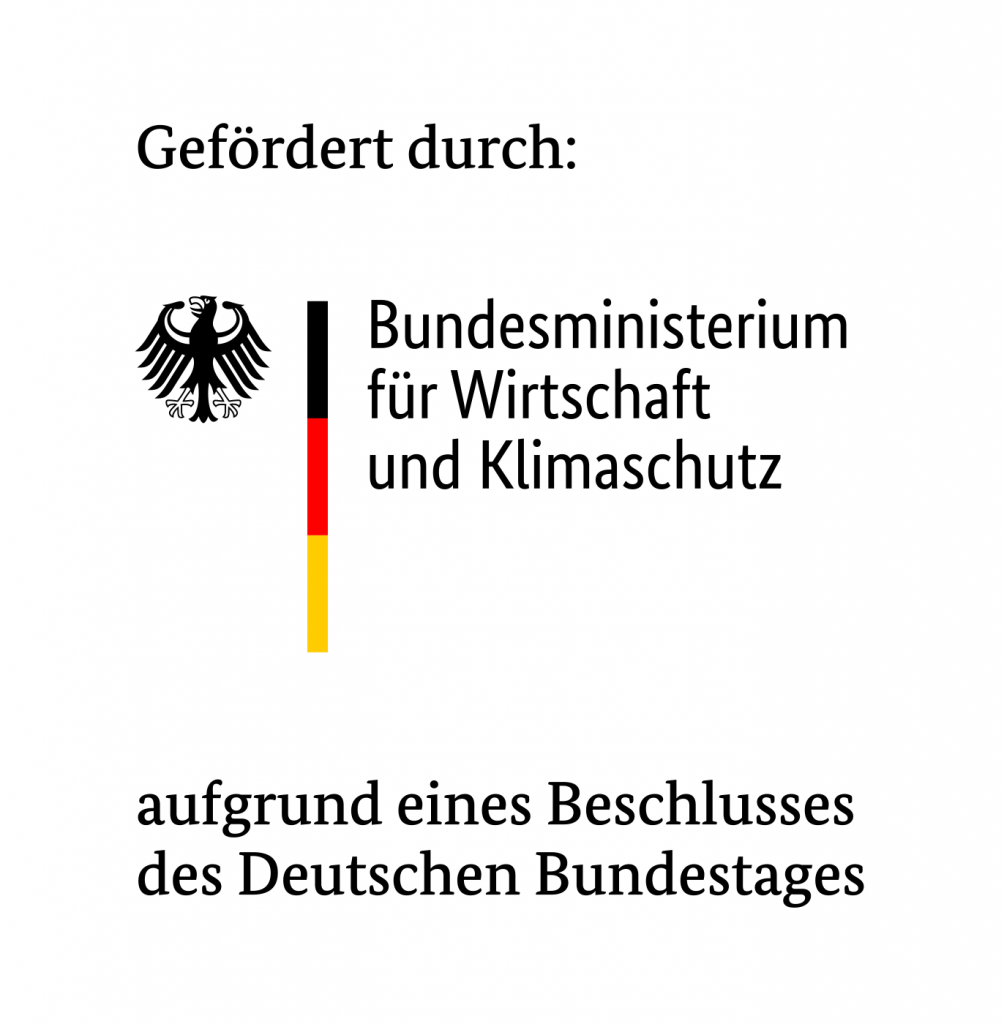Rohrdorfer launches pilot project for the production of tempered clay
The path to climate neutrality is a task for society as a whole and will have an impact on all major industrial sectors. Regarding the decarbonization of the cement industry, whose global share of CO2 emissions is approx. 6-7%, the reduction of process-related CO2 emissions is considered as an important factor.
Clinker, the main component of cement, has a high process-related CO2 load. For this reason, the partial replacement of cement clinker with a CO2-free mineral component is of great importance for Rohrdorfer and the whole cement industry for achieving the climate targets. Clays, which must first be „activated“ through thermal treatment (calcination), are considered as such an alternative mineral main component.
As part of the „C3Pi“ project* (Calcined Clay Cements by process integration), a pilot plant shall be built for the production of calcined clays for their use as an alternative main component in cements.
The plant concept that Rohrdorfer NZEL is targeting on aims to utilize existing waste heat from the clinker production line to reduce the primary energy requirement for thermal treatment of the clays. Furthermore, the use of hydrogen is also being considered as a sustainable energy source to provide the remaining amount of heat required for process control. The waste gases produced during calcination are fed into the existing waste gas cleaning system of the clinker production line after leaving the pilot plant. This means that no additional emissions are produced.
The plant concept described here is a first-of-its-kind approach to demonstrate the feasibility of energy efficient (use of waste heat from the clinker line) and low CAPEX related (use of the existing waste gas treatment facilities) production of calcined clay materials.
Funded by the European Union – NextGenerationEU. The views and opinions expressed are solely those of the author(s) and do not necessarily reflect the views of the European Union or the European Commission. Neither the European Union nor the European Commission can be held responsible for them.




